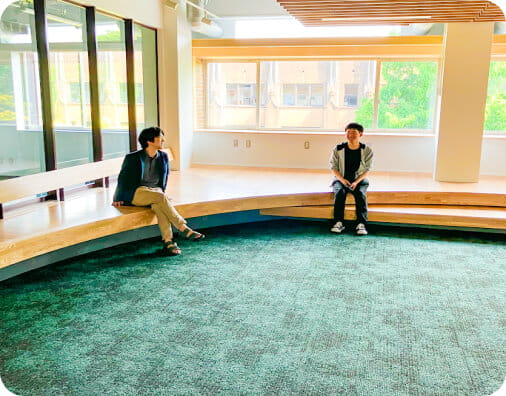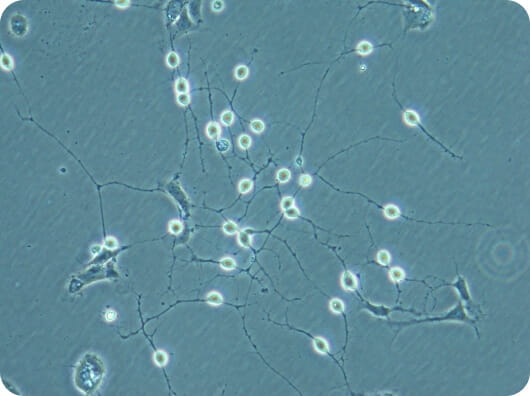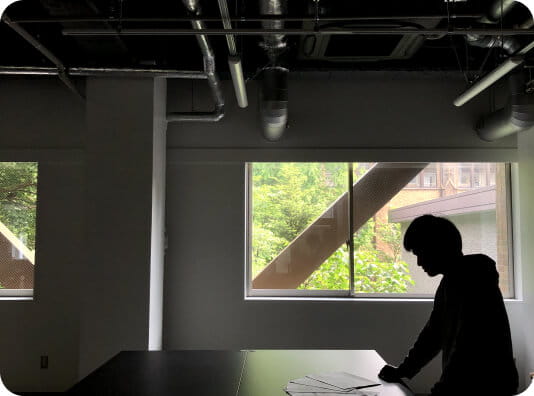About Us

Research "Creation of Synthetic Life Systems
Based on RNA and RNP"
We are interested in understanding and creating biological systems based on RNA and RNA-protein complexes (RNP). Biomolecules and systems composed of RNA and RNP are fundamental to life systems. In existing life systems, it remains unclear how RNA and RNP regulate the flow of genetic information from DNA to proteins. Furthermore, in the evolution of life, it is still unclear how the RNA and RNP world bridged the gap between chemicals and life to give rise to primitive life forms. Through research on RNA and RNP, we aim to understand the formation of cells and life and develop new technologies beneficial to humankind.
Our laboratory is currently working on the following themes. Each member is encouraged to pursue research based on their interests.
1. Creation of Functional RNA and RNP (RNA-Protein Complexes) Using Synthetic Biology, AI Technology, and Experimental Evolution. We have successfully developed genetic circuits using naturally derived functional RNA and RNP, and we are now advancing to a new stage. Recently, we have developed a deep generative model that supports the design of functional RNA sequences, enabling the creation of more diverse artificial RNA molecules. Utilizing AI technology and experimental evolution, we strive to create new functional RNAs and RNPs. By controlling the functions and formation of RNA and RNP complexes, we aim to develop new technologies to understand and control life systems.
2. Development and applications of next-generation iPS cells and functional artificial cells. Medical technologies in the field of regenerative medicine and cell therapy are rapidly advancing. Among these advancements, the development of induced pluripotent stem cells (iPS cells) and functional artificial cells are key technologies that open up new possibilities for disease treatment and regenerative medicine. In our laboratory, we aim to establish highly efficient methods for RNA-based iPS cell generation and differentiation, as well as to develop methods for purifying iPS cells and differentiated cells for clinical applications. Additionally, we aim to use artificial cells, designed to possess specific functions by incorporating genetic circuits, as new tools for cell therapy.



Message from Professor
Our laboratory was newly established in April 2024. During my graduate studies, I conducted research on the in vitro evolution of RNA, where I experienced firsthand the immense power of RNA.
As I expressed in the conclusion, the desire to pursue both basic and applied research remains unchanged to this day. By humbly learning from the natural systems and biological phenomena involving RNA and RNA-Protein (RNP) interactions, I am confident that we can develop valuable new technologies that will pioneer the future of life sciences and medicine. We are actively seeking students and researchers from across the country with diverse backgrounds and a passion for engaging in research together. I wish to share the excitement, challenges, and joys of research with all of you. Please feel free to contact me.
About our lab in Kyoto University
Our laboratory currently operates at two locations: the Institute for Quantitative Biosciences (IQB) at the University of Tokyo and the Center for iPS Cell Research and Application (CiRA) at Kyoto University.
